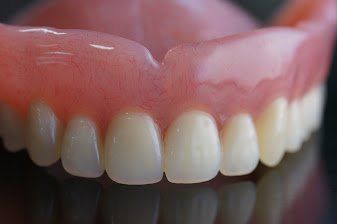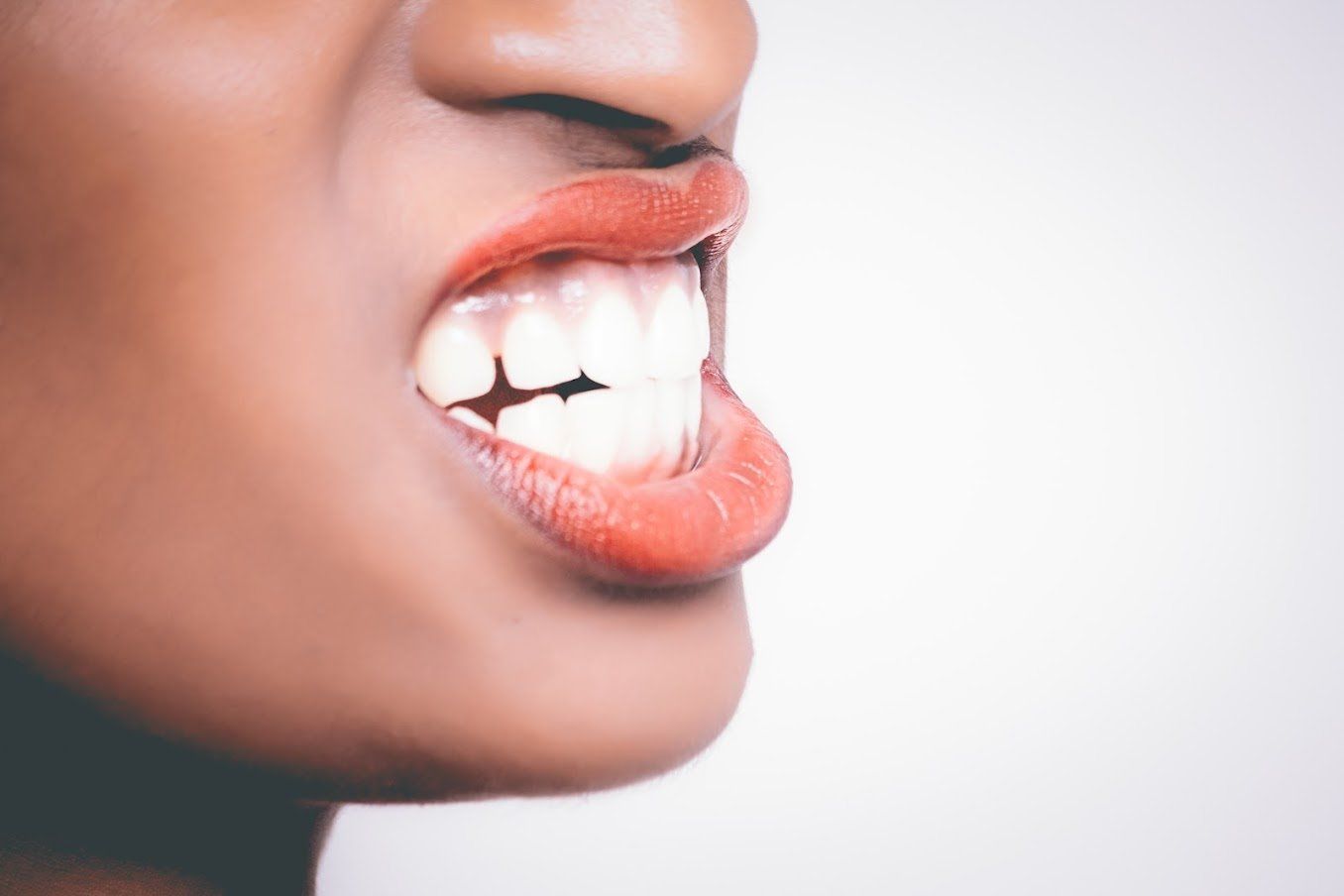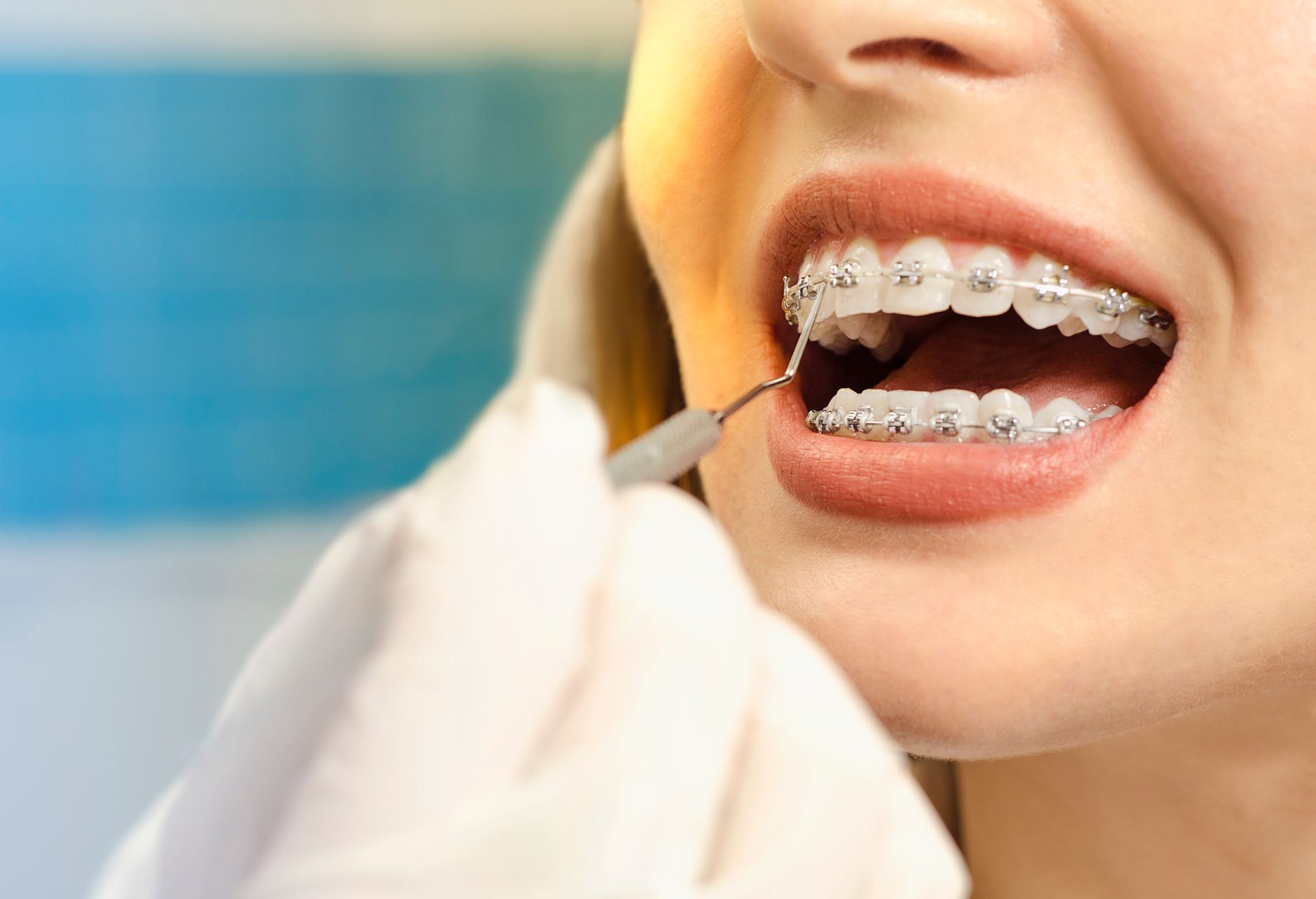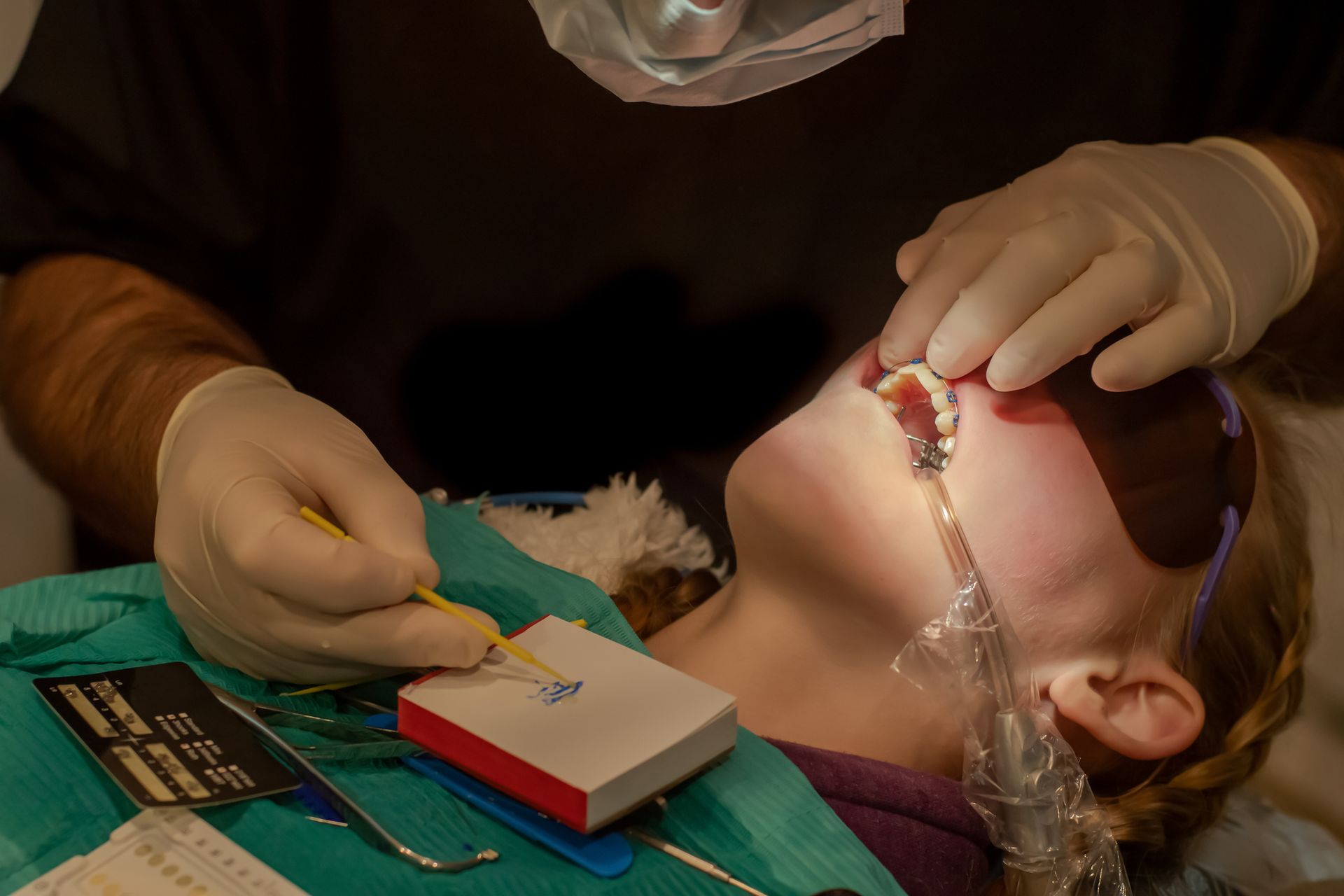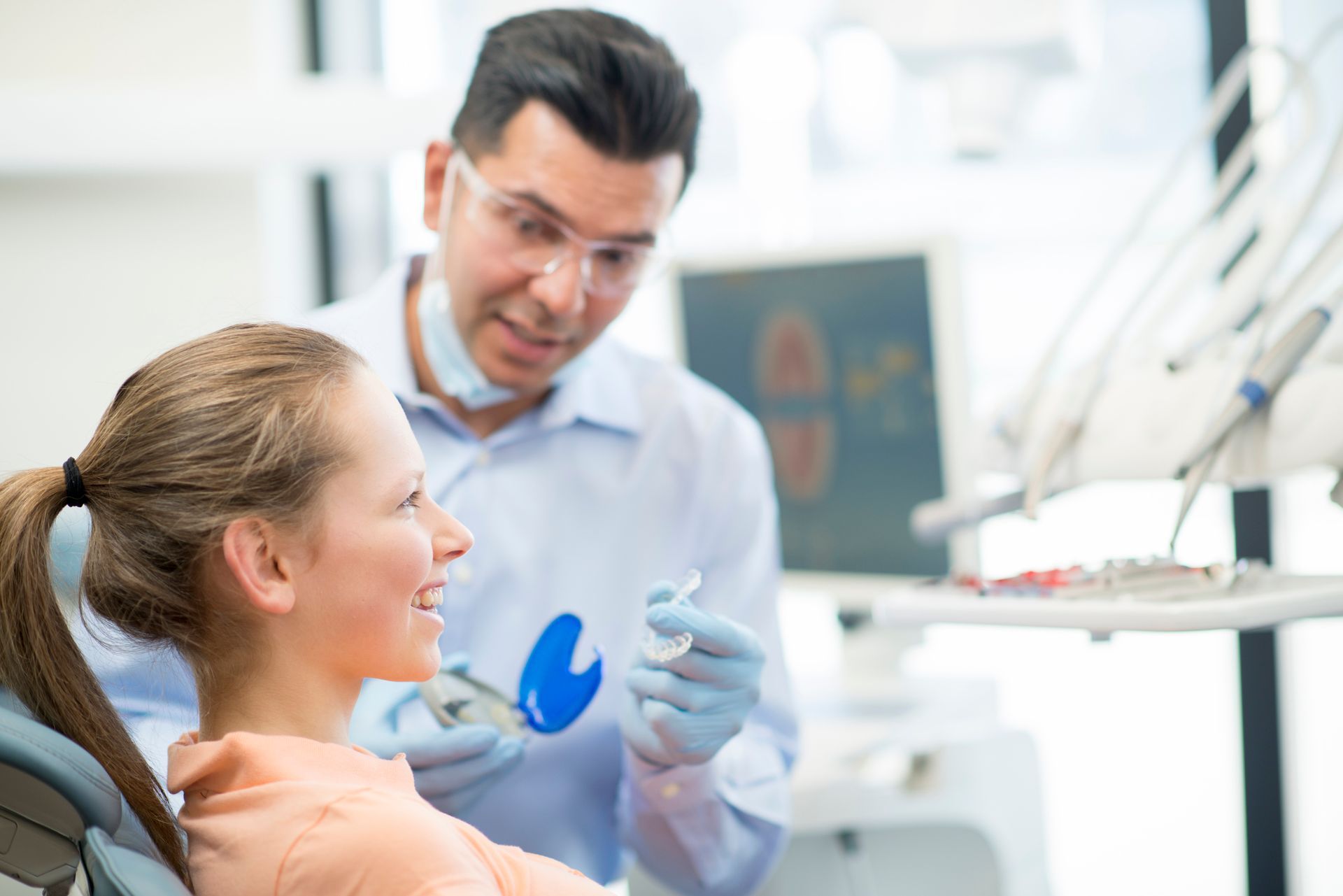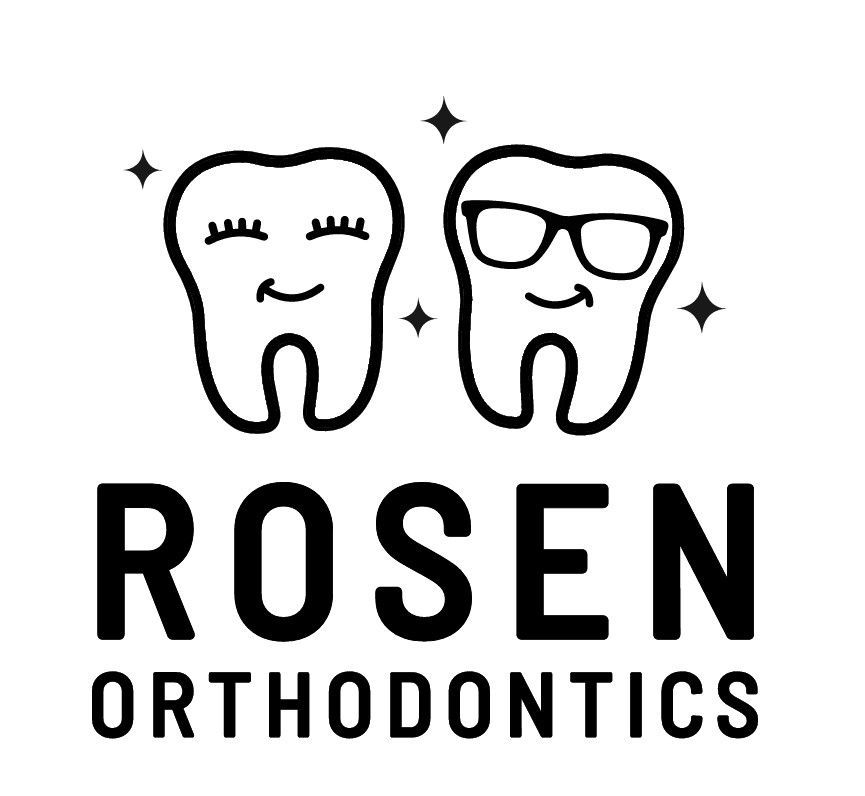Our Office Blog
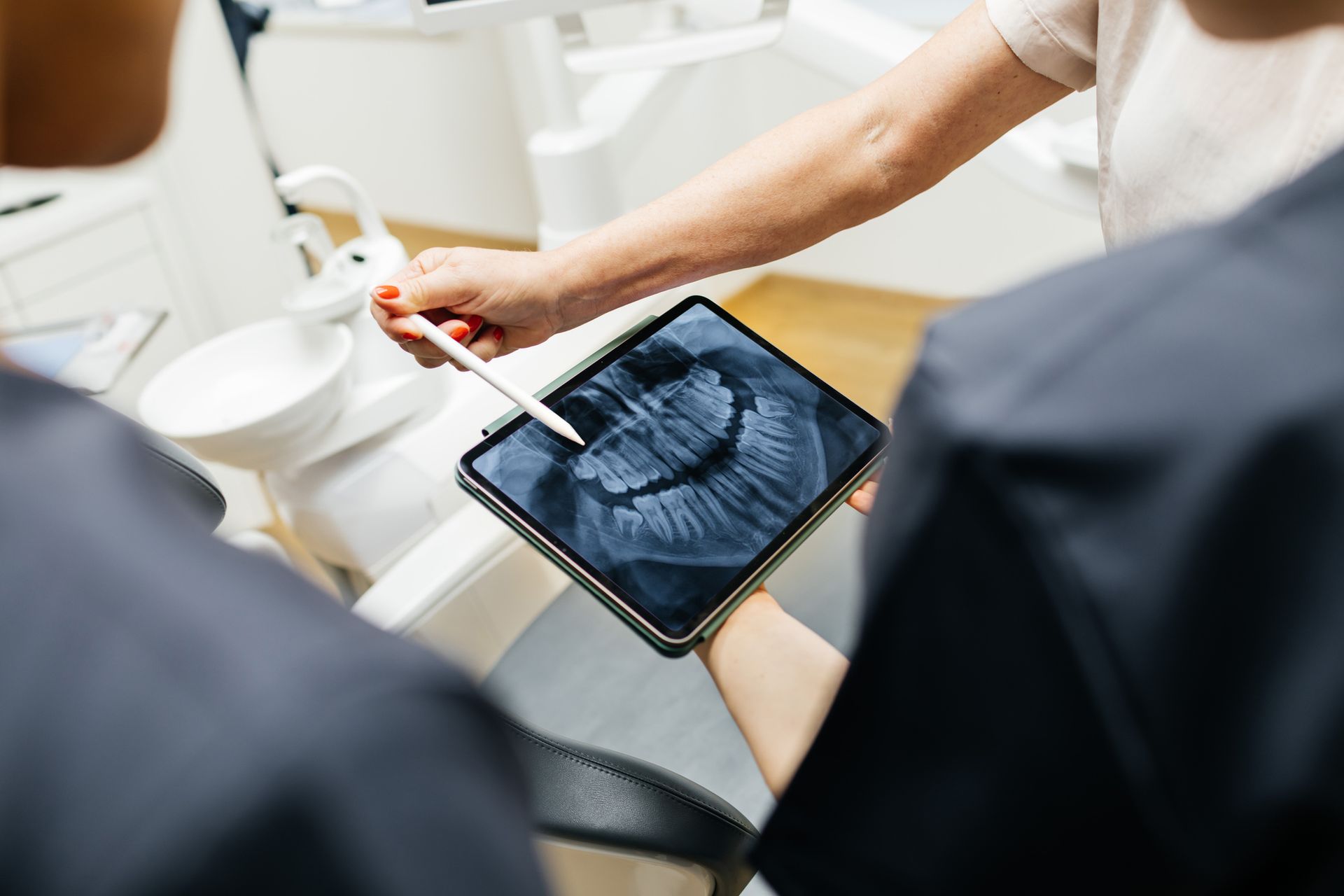
In our Highland Park, IL, orthodontic office and our Buffalo Grove, IL, orthodontic office, Dr. Ben and Dr. Kristina are dedicated to utilizing the latest advancements in orthodontic technology to transform smiles. Our commitment to excellence extends to every aspect of your orthodontic journey, from the initial consultation to the final result. Digital Imaging: A Clearer Picture At our practice, we utilize state-of-the-art digital imaging techniques to capture precise images of your teeth and surrounding structures. By incorporating digital technology into our diagnostic process, we can provide a more accurate assessment of your orthodontic needs and develop a customized treatment plan tailored to your unique smile. Customized Treatment Planning: Tailored Solutions for Every Smile Dr. Ben and Dr. Kristina understand that every smile is unique, which is why we take a personalized approach to treatment planning. Using advanced digital technology, we can create virtual models of your teeth and simulate various treatment scenarios to determine the most effective course of action for achieving your desired outcome. Evidence-Based Benefits Our commitment to excellence is supported by a wealth of research and evidence in the field of orthodontics. Numerous studies have demonstrated the superior accuracy and effectiveness of digital imaging and customized treatment planning compared to traditional methods. When you choose our practice for your orthodontic care, you can trust that you're receiving the highest standard of treatment available. Transform Your Smile with Us If you're ready to experience the transformative benefits of orthodontic technology, we invite you to schedule a complimentary consultation with at our practice serving Highland Park, IL, Buffalo Grove, IL, and the surrounding suburbs of Deerfield, Riverwoods, Northbrook, Wheeling and Arlington Heights. Contact us today to take the first step towards achieving the smile of your dreams by scheduling your complimentary consultation, and discover the difference that personalized orthodontic care can make in your smile journey!

